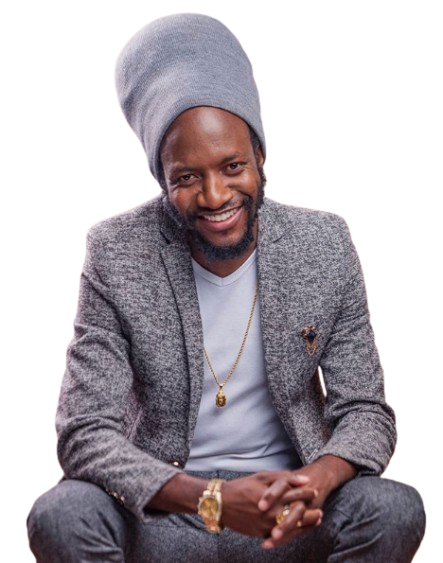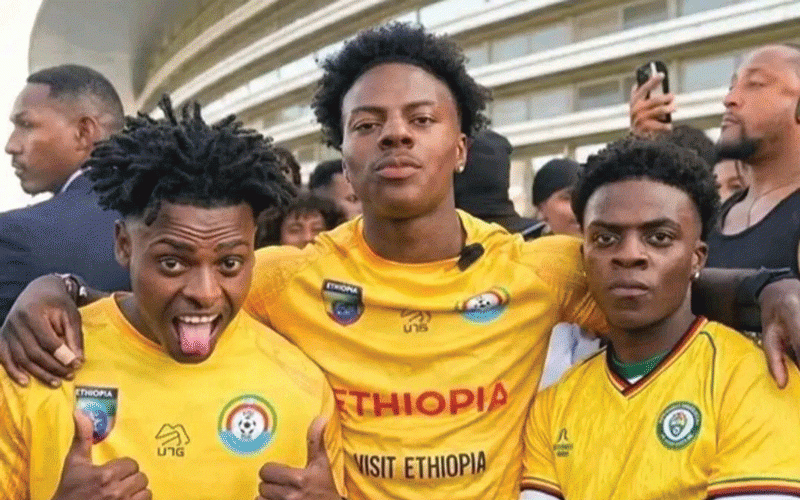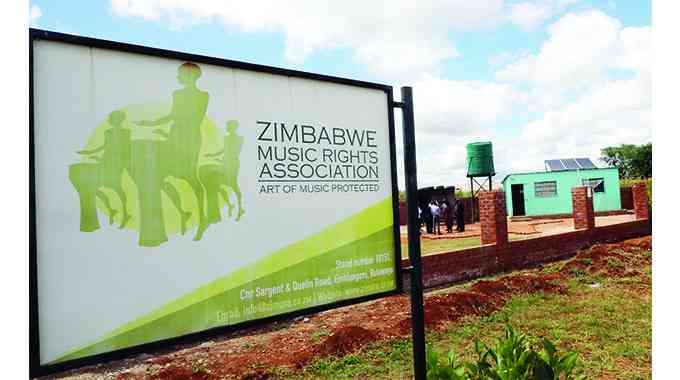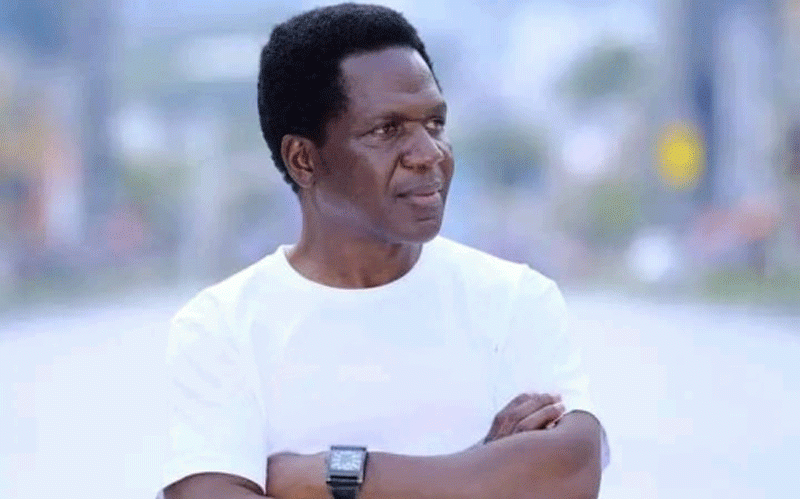
Democracy is often associated with how rulers are elected through competitive elections while more expansive definitions link democracy to guarantees of civil liberties where the people are allowed to express themselves freely. When it comes to music, the question stands as to whether freedom of expression is in practice.
According to the Zimbabwe constitution as amended up to June 20, 2023, Section 61b describes freedom of artistic expression and creativity as well as freedom of the media.
In August, this year, President Emmerson Mnangagwa in his address to the Zanu PF national assembly of the youth league said that his ruling party is proudly premised on upholding constitutionalism. I will leave it up to you to decide whether this phenomenon is practised in our country, Zimbabwe.
We know the reason why Thomas Mapfumo decided to live in exile. The authorities could not tolerate his music as he had become a pain in the neck. Songs such as Marima Nzara Corruption, Mamvemve, Vanhu Vatema, Ndiyani Waparadza Musha, Pamuromo Chete and Chimurenga For Justice, to mention only a few, although the constitution allows for freedom of expression, were seen to be anti-government rhetoric.
Commenting on the subject of democracy faced by artistes and musicians in Zimbabwe, Lazzie T, a reggae artist and music producer told Report Focus News that:
“It is never safe for those wanting to exercise their freedom of expression particularly those who want to expose corruption and abuse of power and national resources in Zimbabwe.”
There is clearly a crisis in Zimbabwe and everyone needs to state that fact. The economy is in a free fall. There is a continuing repressive environment. If an artist writes a song about that, he becomes a marked man and is often seen to be anti-government or anti Zanu PF.
Lazzie T has a song titled: There Is Corruption, which has received critical acclaim from many critics as being on point and articulating an important message about the country’s economic state and highlighting the plight of the masses. Nonetheless the radio stations, which are government controlled boycotted the song and it was never given airplay. This is why many of you do not know who this artist is.
- Zim headed for a political dead heat in 2023
- Zec failing to level playing field: CiCZ
- Take Money clinches sponsorship deal
- Zimra targets US$ tax evaders
Keep Reading
Despite the danger, these artistes remain determined to use their platforms to shed light on the issues affecting their communities and to advocate for change.
Many Zimbabwean musicians have used their music to address social and political issues, including corruption, poverty, and human rights abuses. However, their efforts have not always been welcomed by those in power. Any politically conscious popular musician who sings about what is deemed to be anti-government sentiments becomes an enemy and the government will try to intimidate and suppress the thinking of that artist.
In recent years, several musicians have reported being threatened or harassed for their activism.
Not long ago, up-and-coming artist, Hwindi President, whose songs include Handisi Munhu Wavo, Unokuvara Nenzara and Muri Kufarisa was allegedly beaten up by unidentified assailants for his criticism in song of the government
The intimidation and threats faced by Zimbabwean musicians serve as a reminder of the challenges facing those who speak out against corruption and poverty in the country. It is crucial that the international community stands in solidarity with these brave artistes and supports their efforts to bring about positive change in Zimbabwe. There needs to be a return to democracy.
Musicians in Zimbabwe who continue to speak out against corruption and poverty in the country face intimidation and threats for doing so.
Needless to talk about how in June 2022, Winky D’s show in Gweru was stopped by unidentified Zanu PF youths who threatened to kill him for singing what they thought were anti-government tunes. The whole band was scurried off the stage.
As Tafadzwa Marova, the Vigilance Band’s bass player put it: “Ï don’t even know how I got back to Harare. There were men chasing me. I ran into the bush until they couldn’t find me. It was when there was calm that I managed to catch a lift to Kadoma, then Harare at 5am.”
Last year, following the launch of the politically charged album Eureka Eureka, state broadcaster ZBC and radio station Star FM appeared to have had an unwritten rule of muting Winky D at their respective stations.
The album carries songs such as Ibotso, Vafarasi, Chauruka and many others that tackle social injustice, Zimbabwe’s economic meltdown and corruption within the government.
Ibotso speaks of how the rich and powerful are taking all that the poorer should be getting while Chaurukua warns those in higher offices not to abuse the authority they have as one day that is bound to be lost.
A week after the release of the album, a Zanu PF affiliated group Economic Empowerment Group (EEG) led by Mike Chimombe (who is currently involved in a legal battle over accusations of fraudulent conduct tied to the mismanagement of US$7.7 million allocated under the Presidential Goat Scheme.) held a press conference denouncing Winky D’s music and calling for his work to be banned on radio stations as well as having him barred from live performances. By doing so, Chimombe tried hard to delegitimise sources of accountability and dissent into the government’s corrupt practices.
The power of music is woven deeply into the fabric of Zimbabwean society — and its political power is felt across the region.
The police in Chitungwiza on March 4, last year, stormed the stage and shut down the show of Winky D. known for his critical commentary. Wallace Chirumiko, 41, aka Winky D, is a celebrated reggae-dancehall artist who recently released Eureka Eureka, an album that contains lyrics against social and political injustice, corruption, and the economic meltdown in Zimbabwe.
As Idriss Ali Nassah of Human Rights Watch stated before the elections held last year: “Shutting down Winky D’s show sends a message that Zimbabwe’s authorities are willing to harass even the most popular performers for what they say,” “The Zimbabwe government needs to quickly take strong action to demonstrate that free expression will be respected, or there will be genuine concerns that upcoming elections can’t be credible, free, and fair,” he went on.
Winky D’s Ibotso, which talks about corruption, mismanagement and the abuse of national resources by an elite few, rattled the authorities and has made Winky D a marked man.
Theatre and film producer Daves Guzha told Human Rights Watch: “The action by the police against Winky D was a clear abuse of power. The National Arts Council of Zimbabwe should stand with artistes and take a position to push back against such abuse of power by the state and its agents.” He continued: “we can’t have a situation where artistes can’t freely express themselves because they fear to be harassed, arrested, or have their rights violated. It is not a crime being an artist.”
Nassah of Human Rights Watch said. “The authorities should stop harassing artistes and allow them to express their views and practise their art without fear. The authorities should swiftly act to ensure that police are impartial and are not used to violate freedoms of association and expression protected by international law.”
In Zimbabwe, the constitution guarantees freedom of expression but there is dearth in statutory laws that give effect to the relevant constitutional provisions. The Declaration of Principles of Freedom of Expression places an obligation on states to “facilitate freedom of expression and access to information online and the means necessary to exercise these rights”. In Zimbabwe, more people are getting connected to the internet while mobile phone technologies have become accessible and more and more citizens, especially activists, are taking up space online including social media platforms, to express their views on developments in the country. Consequently, citizens are able to express themselves and criticise the government on social media platforms (Facebook, X and WhatsApp). It doesn’t have to be through music alone.
nFeedback: frezindi@gmail.com










